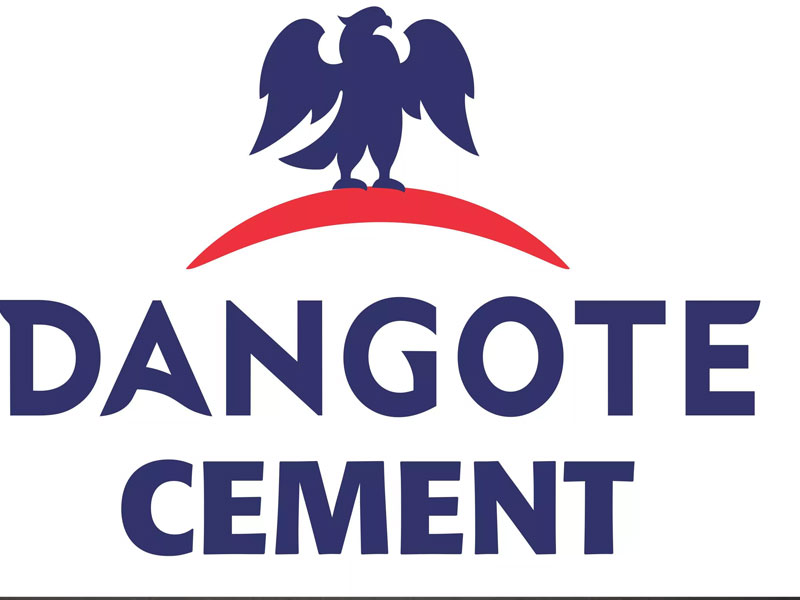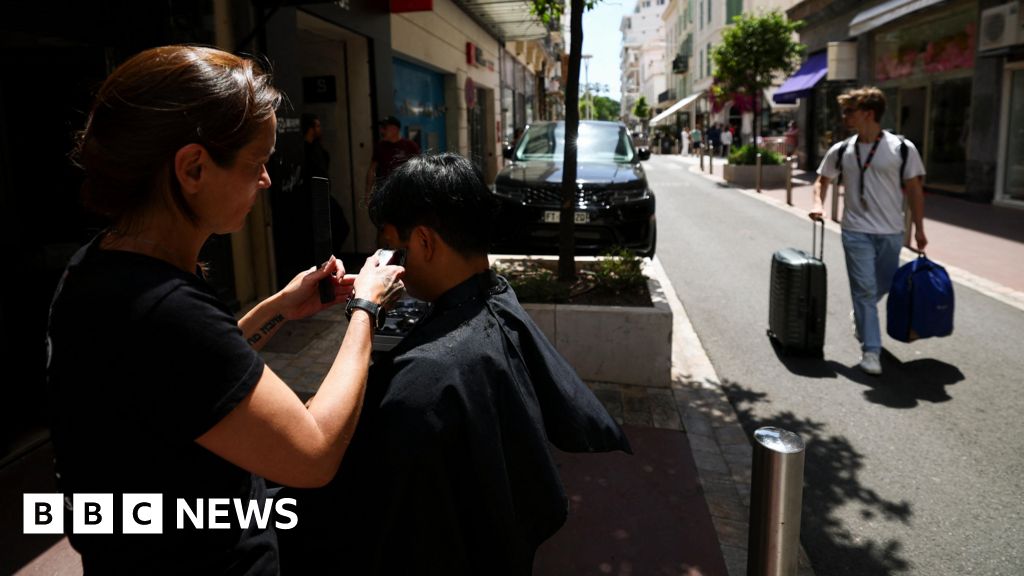Despite a recent decline in the prices of major staple foods in Nigeria, experts have warned that the resurgence of middlemen hoarding practices could derail the fragile progress in food affordability.
While Nigeria’s food market remains highly volatile, grains like maize and rice have seen notable price drops but prices of other essential food items such as meat, vegetables, fruits protein-rich foods and perishables are still rising due to seasonal factors and hoarding.
A market survey by LEADERSHIP Sunday showed that between December 2024 and May 2025, Nigeria experienced sharp price declines in staples where local rice dropped from N106,000 to N95,000 per 50kg bag, and tomatoes plummeted from N120,000 to N44,750 per big basket. While price of maize decreased to N48,000 and N52,000 per 100 kg bag from the initial N60,000 and N65, 000
However, other items have trended upward. frozen fish prices more than doubled to N12,900, while pepper spiked to N140,000 and and 5kg pack of Semovita increased to 7,400
The cost of meat and vegetable oil and onions have also continued to strain Nigerian households.
Experts agreed that beyond short-term interventions by the government, structural reforms including better rural infrastructure, farmer empowerment and transparent food distribution are essential to achieving lasting food security.
Speaking with LEADERSHIP Sunday, Professor I.U. Abubakar, former executive director of the Institute for Agricultural Research, Ahmadu Bello University, Zaria, attributed the initial food crisis to a supply-demand mismatch, exacerbated by insecurity, climate-related challenges and poor agricultural infrastructure.
According to him, recent government action, such as the duty-free importation of rice and maize helped ease the pressure, resulting in a noticeable reduction in staple prices.
“The food situation before now was catastrophic, demand-pushed inflation made food unavailable and unaffordable even for middle-income earners, protein sources became a luxury for many families.
“Today, the cost of grains has fallen. It’s a good step, but it doesn’t mean we’ve achieved food security,” Abubakar cautioned.
Abubakar warned that these disparities are partly caused by hoarding activities of intermediaries.
“Middlemen are hoarding food, creating artificial scarcity to profit, this must be urgently addressed if we’re to stabilise the market and achieve food security,” he noted.
While government efforts are acknowledged, stakeholders warned that without strong regulatory enforcement and farmer-centric solutions, profiteering by intermediaries may continue to undermine consumer relief and stall national food sufficiency goals.
Consumer Protection Can Curb Profiteering Attitude- AFAN
Speaking on the hoarding, the national president of the All-Farmers Association of Nigeria (AFAN), Arc Kabir Ibrahim, acknowledged a visible drop in food prices, citing it as a sign of easing inflation.
However, the farmers’ helmsman emphasised that market realities remain harsh for many Nigerians.
“If we have a transparent and seamless distribution of agricultural produce, and a functioning consumer protection policy, the profiteering attitude of middlemen can be checked,” he argued.
He urged the government to support farmers in scaling up productivity through security, mechanisation, and climate mitigation, while also ensuring efficient food storage and distribution systems.
“It is the only way to make the gains in food price reduction sustainable,” Ibrahim said.
We Need Direct Access to Markets – Farmers
Meanwhile, the National President of the Potato Farmers Association of Nigeria (POFAN), Daniel Okafor, dismissed recent reports of improved food affordability describing it as real.
“It is not real, the food inflation and hardship is ongoing”, he said.
Okafor called on the government to establish dedicated farmers’ markets in all local governments to eliminate the exploitative role of middlemen.
“Farmers should be allowed to market their products directly, the government must carry farmers along in policymaking and implementation.
A direct-to-consumer sales model will not only ensure fair prices for farmers but also reduce costs for consumers,” Okafor maintained.
We’ve got the edge. Get real-time reports, breaking scoops, and exclusive angles delivered straight to your phone. Don’t settle for stale news. Join LEADERSHIP NEWS on WhatsApp for 24/7 updates →
Join Our WhatsApp Channel
 6 hours ago
4
6 hours ago
4















 English (US) ·
English (US) ·